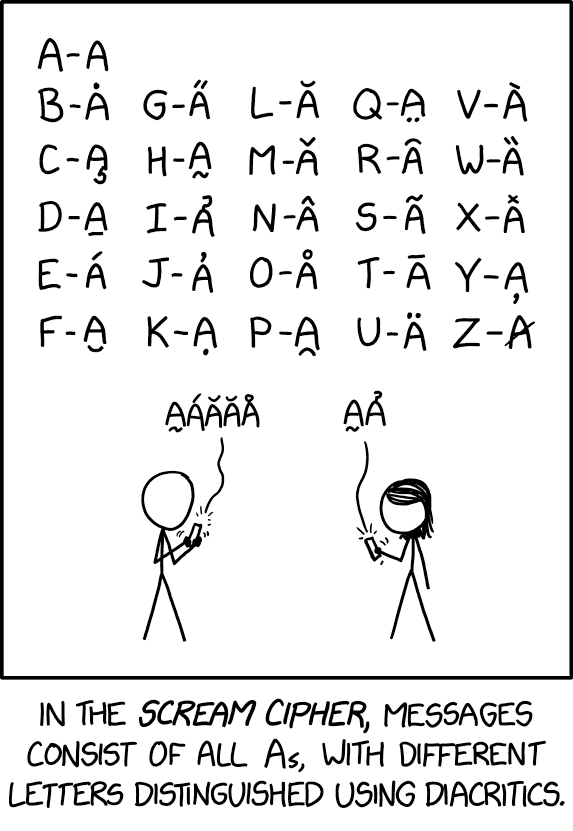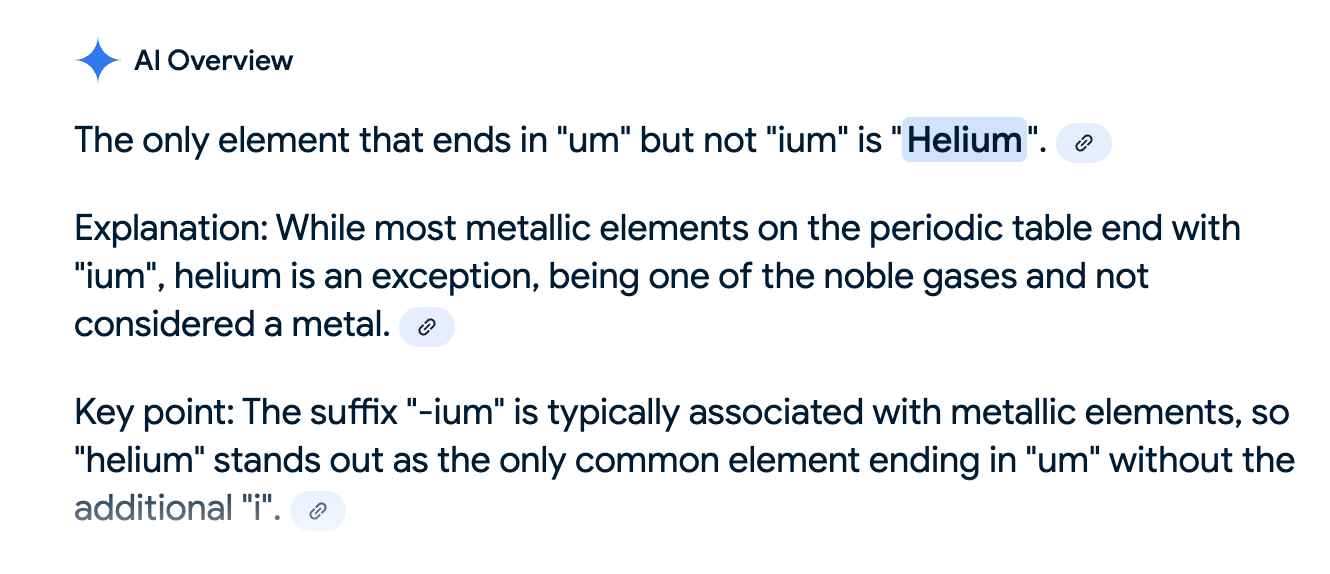A new voice morphing application
Over the years, we've documented various applications of voice morphing technology besides the malicious creation of "deep fake" audio clips. Here's a new one: Amrit Dillon, "AI erases call centre staff’s Indian accents", The Times 3/2/2025:
A French company which operates the largest number of call centres in the world is using artificial intelligence to soften Indian accents in real time to make customer conversations easier and shorter.
Teleperformance said that it was sometimes difficult for customers calling call centres in India — and the Philippines — to understand workers’ accents, leading to frustration and longer than necessary calls.
“When you have an Indian agent on the line, sometimes it’s hard to hear, to understand,” Thomas Mackenbrock, the company’s deputy chief executive, told Bloomberg News. “The technology can neutralise the accent of the Indian speaker with zero latency. This creates more intimacy, increases customer satisfaction, and reduces the average handling time. It is a win-win for both parties.”
The software, called “accent translation”, has been developed by Sanas, a start-up based in Palo Alto, California.
Read the rest of this entry »





